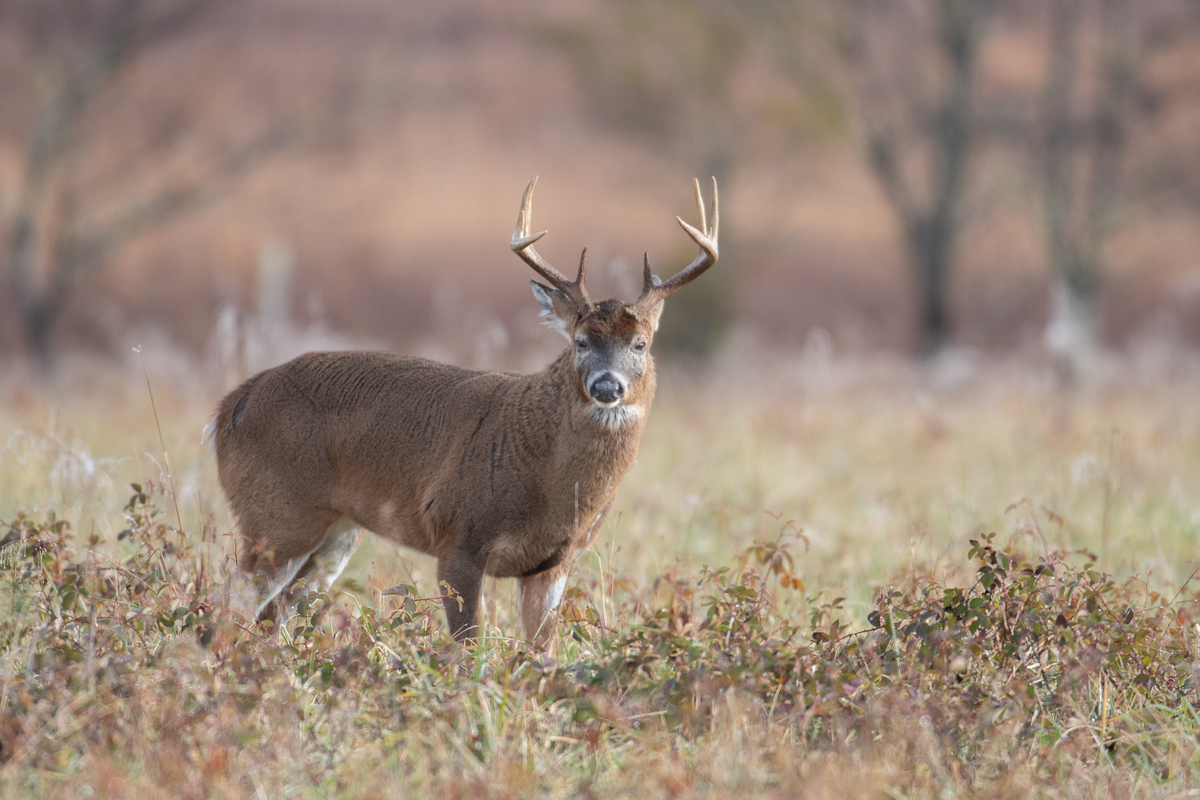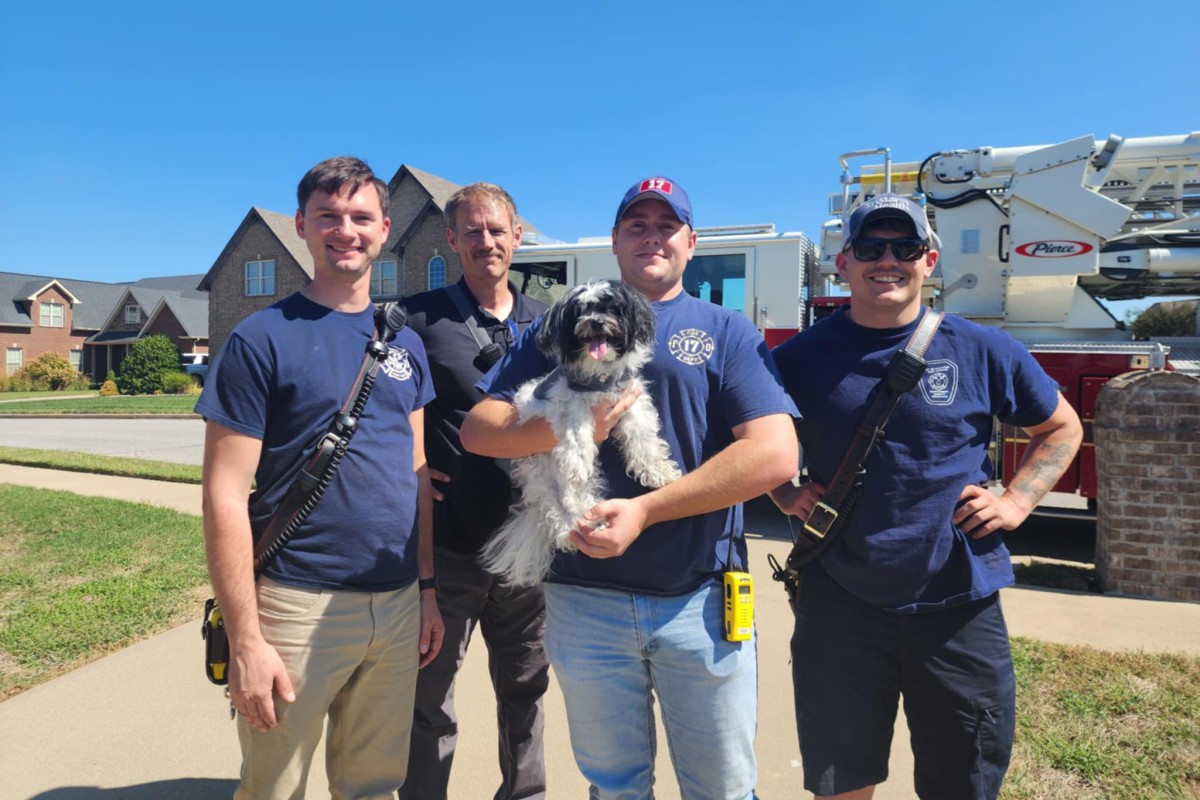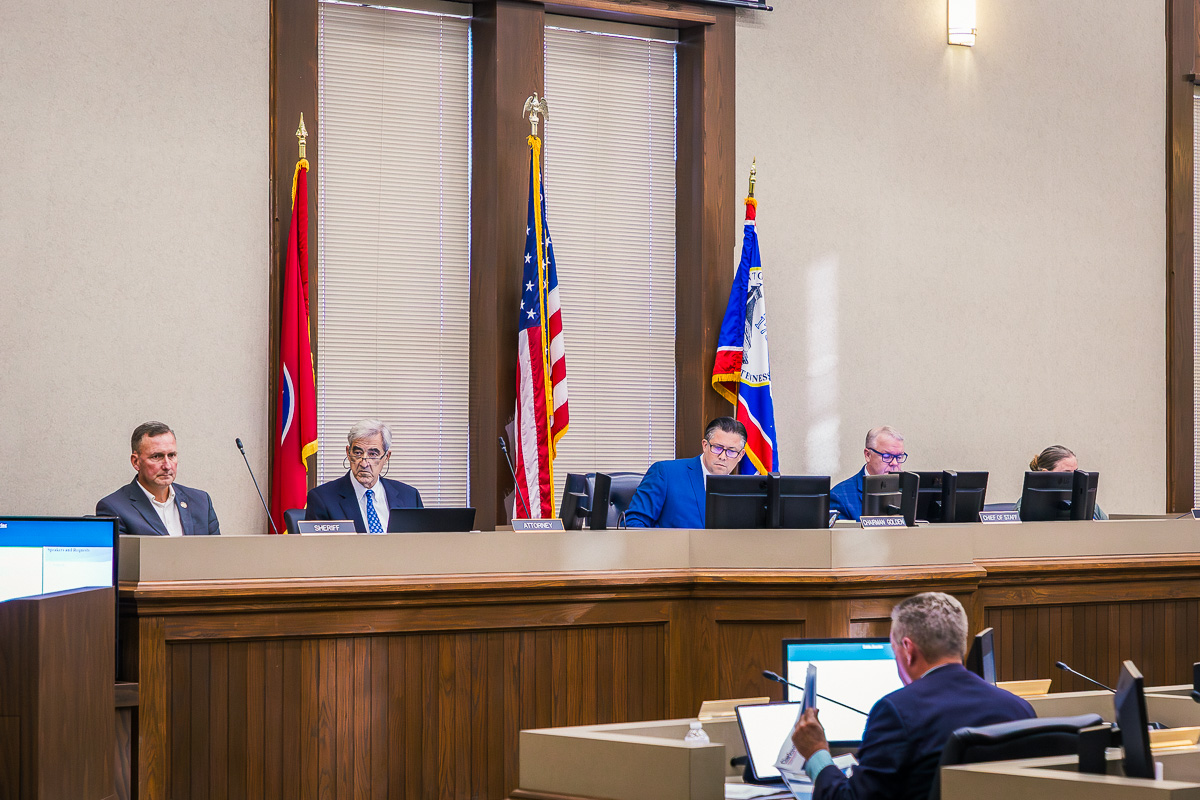CLARKSVILLE, Tenn. (CLARKSVILLENOW) – Deer season opens in Tennessee this weekend. Before you get started, here’s what you need to know.
When can I go hunting?
In Tennessee, dates for deer season vary depending on age and the type of weapon/firearm being used. The dates are:
- Archery: Sept. 26-Oct. 30 and Nov. 2-6
- Young Sportsman: Oct. 31-Nov. 1 and Jan. 9-10
- Muzzleloader/Archery: Nov. 7-20
- Gun/Muzzleloader/Archery: Nov. 21-Jan. 3 (Nov. 7 in Unit CWD Areas)
For a full calendar, as well as information on bag limits, click here.
Where can I go hunting?
Tennessee has over 7,000 acres available for hunting. These public hunting areas are largely owned by large, landholding companies and managed by TWRA.
Public hunting areas near Clarksville include the Tennessee National Wildlife Refuge and Cross Creeks National Refuge.
Fort Campbell also has public hunting areas. For information on how to obtaining a permit to hunt on Fort Campbell, click here.
When hunting on private land, make sure that you have written permission from the owner.
What do I need to go hunting?
TWRA requires that hunters seeking a Tennessee Resident Hunters License have a valid Tennessee driver’s license. Out-of-state driver’s licenses will only be accepted for military personnel and students. Nonresident licenses are also available.
TWRA offers a wide range of licensing options depending on what you are interested in. For a list of licensing options and prices, click here.
Hunters born after Jan. 1, 1969 will also need a valid Hunter Education Permit. Permits can be obtained by attending a hunter education course and passing a test either in-person or online. To register for a hunter education course, click here.
TWRA also requires that hunters wear at least 500 square inches of hunter orange above the waist, visible front and back.
Should I worry about CWD?
While Tennessee has experienced issues with chronic wasting disease (CWD) in recent years, cases have so far been largely contained to the southwest portion of the state. High-risk areas for the disease include Crocket, Gibson, Lauderdale and McNairy counties. CWD positive deer have also been found in Chester, Haywood, Madison, Shelby, Tipton, Fayette and Hardeman counties.
These counties make up the Unit CWD area.

According to the CDC, there have been no reported cases of CWD infection in humans; however, the following precautions are recommended to decrease any potential risk from the disease:
- Have your deer tested for CWD before eating it. If it tests positive, do not eat it.
- When field-dressing a deer:
- wear latex or rubber gloves
- minimize handling of organs, especially the brain and spinal cord
- Ask you processor to process animals individually to avoid mixing meat from multiple animals
I like to hunt, but don’t eat deer
Tennessee is home to many groups that accept donations of venison to be distributed to those in need. This is a great way to ensure no deer goes to waste.
The Tennessee Wildlife Federation has provided more than 7.6 million meals through their Hunters for the Hungry program.
Right now, hunters can drop off a whole deer donation at no cost to them. The venison will then be distributed to local food banks and soup kitchens.
Each year, Hunters for the Hungry covers tens of thousands of dollars in processing fees for donations. If deer donations surpass available funding for this season, hunters can pay a reduced, $50 processing fee or redeem a Deer Coin.
There are more than 60 deer processors participating in the program. To find a participating location in your area, click here.











